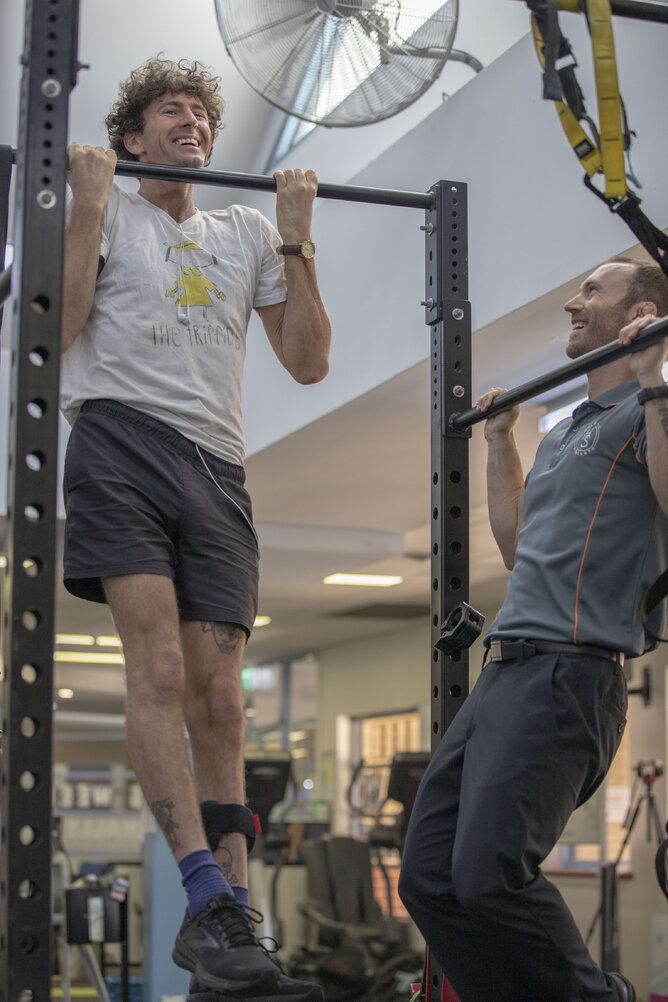Your Guide to Overcoming Lower Back Pain
At Holistic Strength, we know how lower back pain can hijack your life. Surprisingly, you're not alone. In Australia, 16% of the population, or roughly 4 million people, grapple with back problems. So, what can you expect if you're dealing with lower back pain? Let's get into the nitty-gritty of recovery times. Most cases of back pain resolve within a few weeks, but it can be categorised as follows:
Acute back pain: Lasts a few days or weeks.
Subacute back pain: Lasts between 4 and 12 weeks.
Chronic back pain: Lasts longer than 12 weeks.
However, the good news is that about 90% of lower back pain cases are temporary, with self-care, medications, and therapeutic treatments aiding in recovery. For 50% of people who experience episodic lower back pain, they may have recurrent pain within a year.
Considering scans for your back pain? Current guidelines advise against routine scans for lower back pain unless you have other symptoms. Scans can lead to unnecessary worry and cost, and often result in "false-positive" results..
One of the most vital aspects of managing back pain is understanding the difference between passive and active therapies. Passive therapies are treatments provided to you, such as medications or massages. You, essentially, are the recipient, not actively working towards your recovery. On the other hand, active treatments involve you engaging in activities and exercises that help relieve pain and improve physical and emotional functioning.
But here's the catch - a purely passive treatment approach rarely impacts chronic pain like lower back pain or improves daily functioning. Active treatments give better long-term outcomes, boost your sense of personal efficacy, and enhance independence. The right mix of these therapies, however, depends on your specific type of pain, its location, intensity, and duration, and your goals.
At Holistic Strength, we strongly advocate for a blend of these therapies, personalised to your needs. Exercise therapy is a key component of effective chronic lower back pain management. Various types of exercises such as general, aerobic, strengthening/resistance, cognition-targeted, coordination/stabilisation, motor control, yoga, group-based or individual exercises can all generate beneficial effects. Walking can also be a valuable home-based addition to other treatment modalities. The choice of exercise should take into account the patient's preferences, needs, and capabilities. Chronic lower back pain management should also include a psychological and/or social/work targeted component as part of a multimodal approach. Approaches like cognition-targeted exercise therapy, behavioural graded activity, and graded exposure are beneficial in addressing maladaptive (pain) beliefs and fear of certain body movements or physical activity.
At Holistic Strength, as trusted NDIS Exercise Physiologists in Perth we work with you to overcome back pain, assessing your individual condition and offering a suite of holistic options to help you overcome back pain. Contact the team today to get started.
